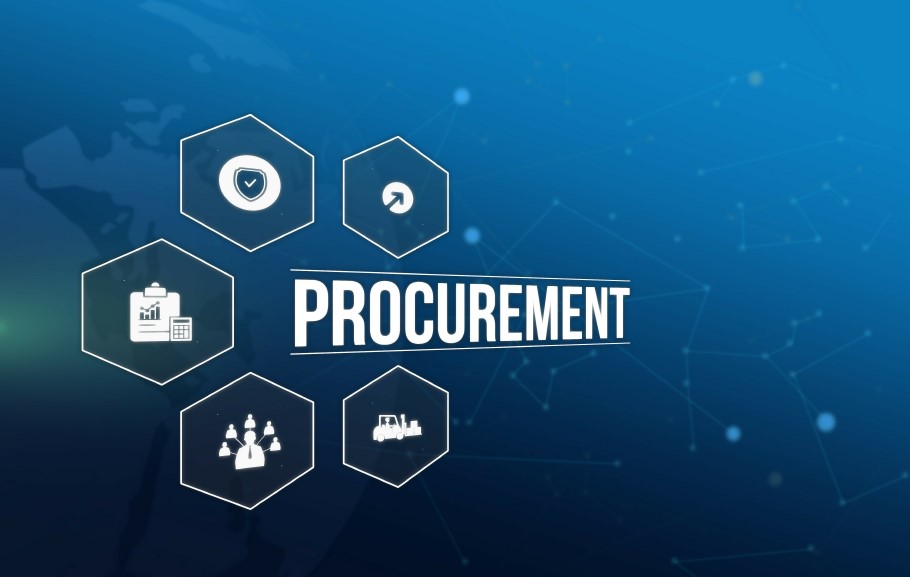In the May 2022 Queen’s Speech, the new Procurement Bill 2022 was announced. The bill seeks to improve the existing system for public procurement in the UK by promoting healthy competition between suppliers, incentivising the prioritisation of contracts that offer the best value to the public, and reaffirming existing commitments towards transparency, flexibility, and equality.
Let’s explore what the new Procurement Bill is, why it was passed, and how it’s slated to better existing public procurement processes across the country.
What is the Procurement Bill 2022?
The Procurement Bill 2022 is a piece of legislation that changes the way public procurement in the UK works. The bill enacts many of the principles first laid out in the government’s 2021 green paper, Transforming Public Procurement, which summarised the results of a large-scale consultation with businesses and organisations across the UK on how existing procurement processes could be improved.
The bill will no doubt have a significant impact on the work of most procurement professionals across the UK, although the date at which the changes will take effect has not yet been announced. The bill is set to proceed through further readings in parliament and the government has promised a notice period of at least six months before the legislation comes into force. This means there’s little chance of the bill being enforced before 2023 at the earliest, and it will likely be later in 2023 rather than earlier in the year.
Why is the bill important?
The Procurement Bill 2022 marks some of the biggest changes to procurement processes in the UK in many years. It’s part of the UK’s post-Brexit package that will see the country shed some of the legislation enforced by EU directives and replace it with its own rules.
The purpose of the bill is to promote fair competition, cost-effective procurement and enhance efficiency in the public sector. The UK spends approximately £300 billion on public procurement every year, meaning that any cost savings that can be made in this sector could have a significant impact on the public purse.
Equality
The new bill sets out new rules for buyers designed to eliminate discrimination and ensure that buyers treat all suppliers equally. It introduces rules for procurement policies that require that contracting authorities make choices that deliver value for money and maximise public benefit, which in some ways reduces the amount of wiggle room that authorities have when choosing suppliers.
Flexibility
The new bill makes provisions to improve flexibility for procurement teams. Current rules regulate the extent to which a contract can be modified to prevent distortions in competition, and the new bill retains many of these rules but permits a slightly wider scope of contract modifications compared to the existing rules, which gives authorities slightly more flexibility when working with suppliers.
Efficiency
Saving money and increasing efficiency are two of the primary goals of the changes introduced in the bill. One relevant provision is the introduction of ‘open frameworks’, which allows authorities to replace frameworks multiple times under the same terms when using the same suppliers. This makes repeating contracts under similar terms much more efficient without the need for added paperwork and new tenders.
Competition
It’s widely believed that many of the changes put forward in the new bill will increase competition and allow buyers to negotiate with suppliers from a stronger position. While this might not be a welcome change for suppliers, it does mean that contracting authorities will feel more empowered to secure better value for public money.


